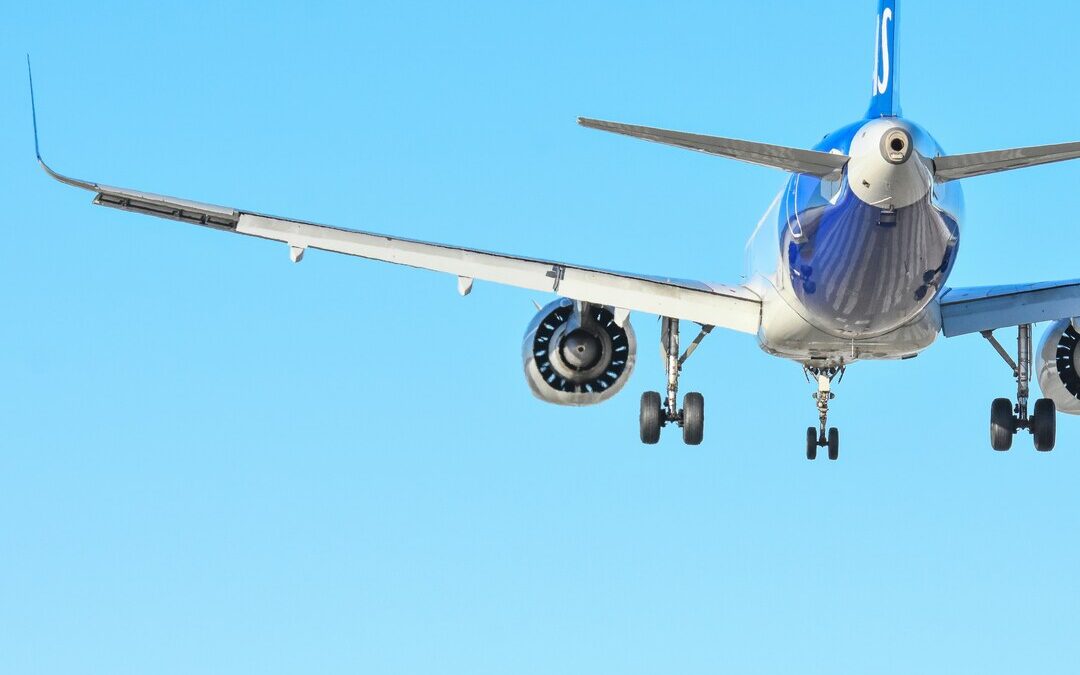Honeywell, Partners Form Global Alliance to Boost SAF From Waste
The global alliance aims to accelerate and reduce the cost of producing sustainable aviation fuel from waste and biomass feedstocks.
Honeywell, Johnson Matthey, Gidara Energy, and Samsung E&A announced on Wednesday the formation of a strategic technology alliance aimed at delivering a comprehensive global solution for producing sustainable aviation fuel from biomass and municipal solid waste.
The SAF Technology Alliance, as the group is known, aims to integrate the capabilities of all four partners to provide an end-to-end SAF production chain, encompassing feedstock conversion to final fuel output, while reducing costs and accelerating development timelines.
Modular SAF Production to Cut Costs, Expedite Development
Leveraging the Fischer-Tropsch process, the alliance aims to unlock a broader range of feedstock options to meet growing global SAF demand and address constraints of traditional sources.
The Fischer-Tropsch process is a catalytic chemical reaction that converts synthesis gas into liquid hydrocarbons.
According to the companies, the joint solution is expected to reduce the time between feasibility study and facility startup by more than 15 percent and lower capital expenditures by up to 10 percent.
The alliance will offer a non-exclusive, full-service delivery model, integrating:
- Gidara Energy’s gasification and syngas transformation technology
- Johnson Matthey’s catalysts and syngas-to-fuels expertise
- Honeywell’s process technology and automation solutions
- Samsung E&A’s engineering, procurement and construction capabilities
Collaboration to Support Energy Security and Decarbonization Goals
“Launching our innovative end-to-end SAF alliance demonstrates the power of collaboration to address the world’s energy demands,” said Ken West, president and CEO of Honeywell Energy and Sustainability Solutions. “As demand for SAF increases, the technology to expand available feedstock options becomes increasingly vital.”
Maurits van Tol, CEO of Catalyst Technologies at Johnson Matthey, added that the alliance is designed to help customers move toward final investment decisions with greater speed and lower upfront costs. “Bringing such leading expertise together is critical in accelerating the deployment of SAF worldwide,” he said.
The announcement comes as the International Energy Agency projects that by 2030, biofuels derived from waste and nonfood energy crops will meet over 40 percent of total biofuel demand.
The SAF Technology Alliance aims to position itself as a key enabler of this transition by focusing on scalable pathways for waste-based fuels.
Scaling SAF Through Integrated Expertise
Dr. Norbert Kamp, CEO of Gidara Energy, stated that the alliance enables the conversion of waste into an asset. “We are not just providing a technical solution; we are helping clients and communities realize the potential of waste as a catalyst for a future supported by cleaner energy sources.”
Hong Namkoong, president and CEO of SAMSUNG E&A, emphasized the importance of collaboration in building a resilient SAF value chain. “Delivering end-to-end SAF solutions requires strong alliances with world-class technology providers,” he said.
The alliance builds on existing cooperation between Johnson Matthey and Honeywell in synthetic fuel development, including methanol-to-jet and FT-based production routes.
By uniting technical innovation with industrial execution capabilities, the four companies say they aim to lead the next phase of SAF adoption and bolster global energy security.
Also Read:
IATA Says SAF Production to Double in 2025, but Policy Gaps Threaten Growth
Nirmal Menon
Related posts
Subscribe
Error: Contact form not found.


